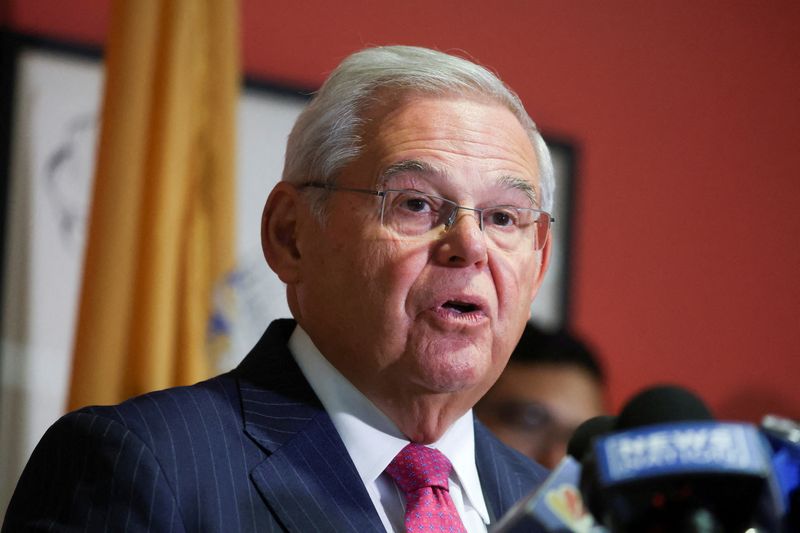New Jersey Bill Mandates Ethics Training for Local Government Officers
TRENTON, NJ — Assemblywoman Michele Matsikoudis of District 21 has pre-filed Assembly Bill No. 325 for the 221st Legislative session, aiming to enhance the integrity of local government through mandatory ethics training. The bill seeks to amend the “Local Government Ethics Law,” requiring all local government officers to undergo comprehensive training on ethical standards and applicable codes of ethics.
Defined broadly, “local government officer” encompasses elected officials, members of agencies with legislative or zoning powers, and managerial or confidential employees within local government entities. The training initiative excludes school district employees and school board members.
The Division of Local Government Services within the Department of Community Affairs will develop the training program, drawing on successful models from New Jersey and other states. The program’s implementation could involve department employees or external contractors, aiming for accessibility through semi-annual or more frequent sessions.
The Commissioner of Community Affairs is tasked with establishing the training’s rules, including a compliance timeline not exceeding 18 months and a fine structure penalizing non-compliance, ranging from $1,000 to $5,000. This legislative effort responds to recent high-profile legal violations at the local level, underscoring the necessity of proactive measures to ensure ethical governance across New Jersey’s municipalities and counties.
Assemblywoman Matsikoudis’s proposal represents a significant step towards reinforcing ethical conduct and accountability within local government operations, setting a precedent for comprehensive ethics education among public officials.

